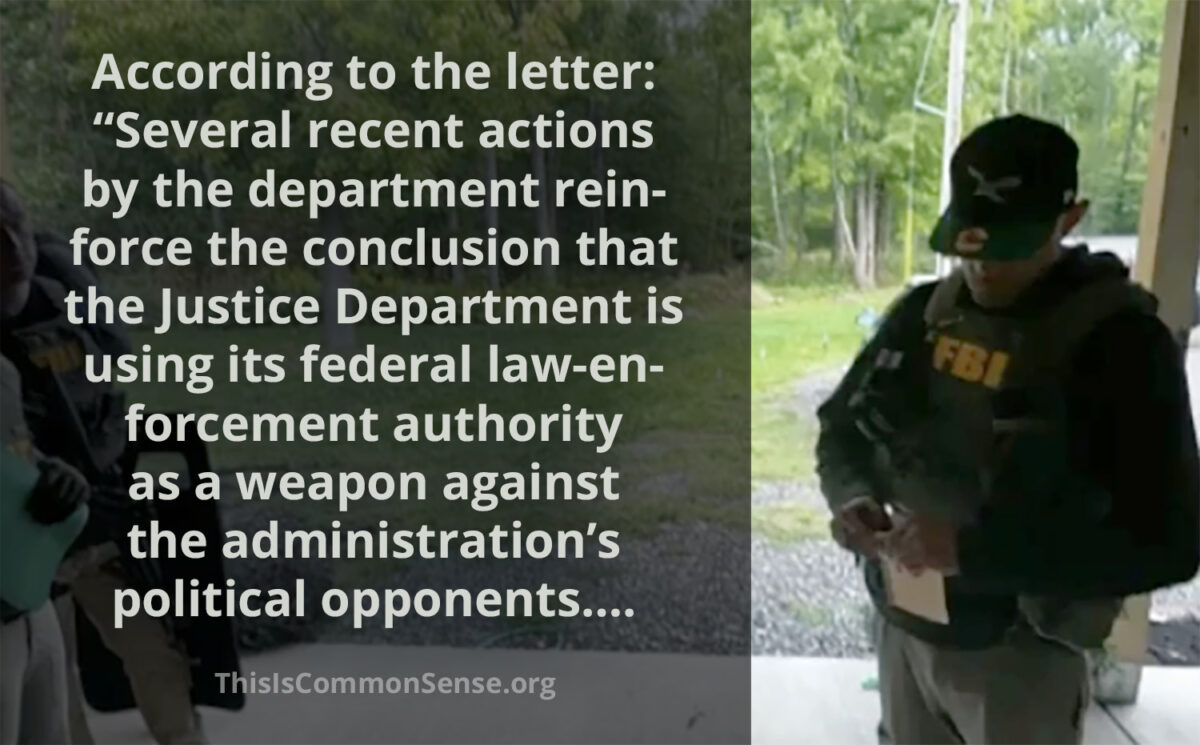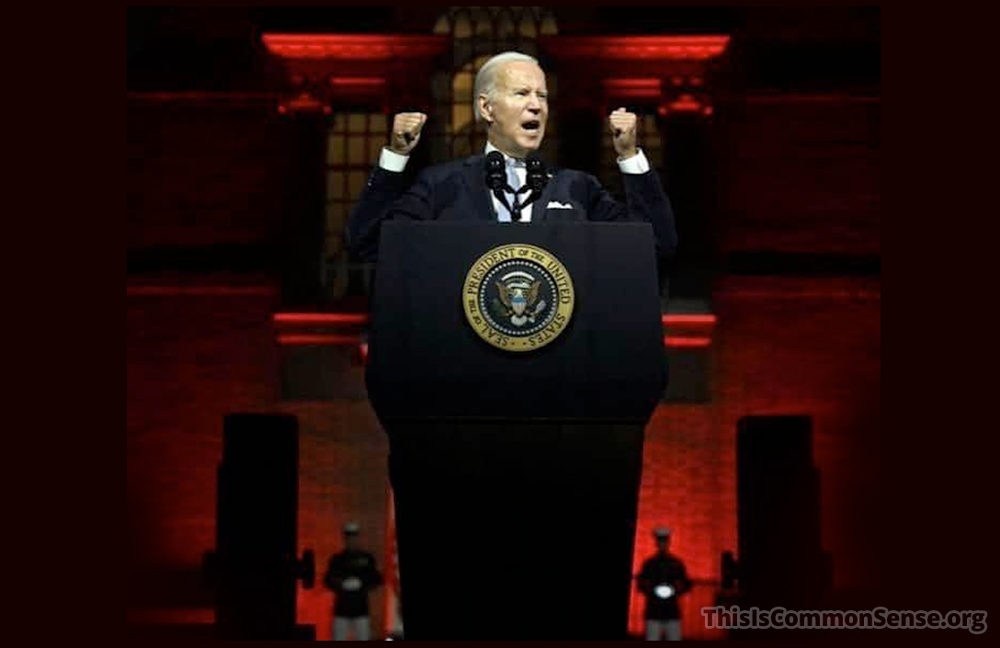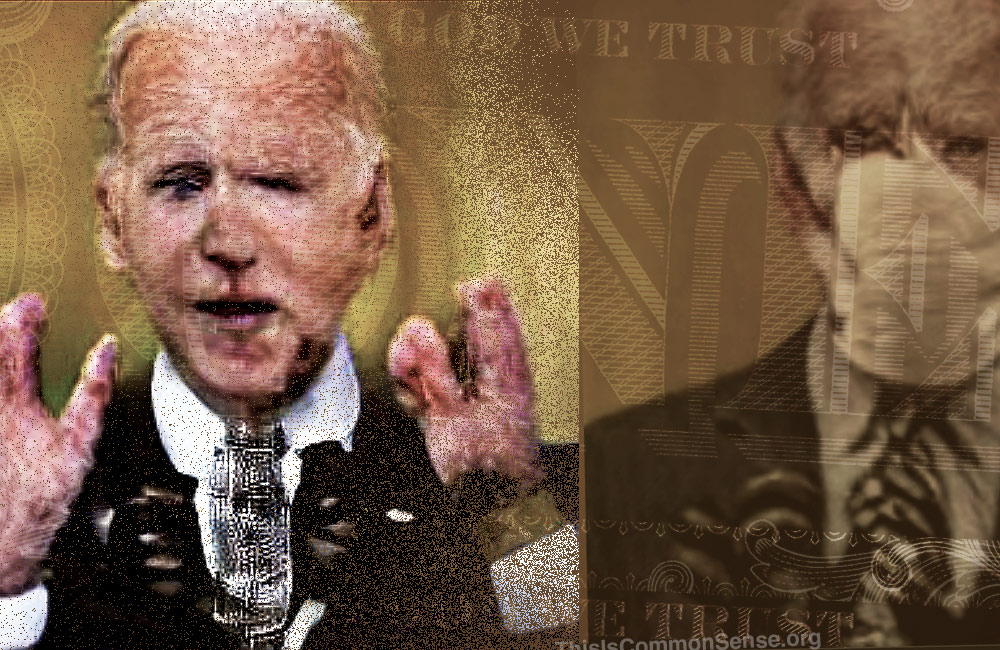We must take the initiative to change things if we don’t like the way things are. If you’re a congressman, this means — sometimes, at least — investigating horrific conduct.
The September 23rd raid of anti-abortion activist Mark Houck’s home should evoke bipartisan dismay. But only Republicans seem to be looking into the FBI’s recent arrest of Houck and the ludicrously heavy-handed tactics used to apprehend him.
In 2021, Houck had pushed a pro-abortion activist away from his son, whom the activist had been harassing, in front of a clinic. Houck’s action was allegedly a violation of the Freedom of Access to Clinic Entrances Act. The alleged victim sued.
Last summer, the case was dismissed on a local level. But that determination was blithely ignored by our ideologically compromised FBI, which sent dozens of agents to swoop down on Houck and terrorize his family.
U.S. Representatives Jim Jordan and Mike Johnson, both Republicans, sent a letter asking for documents related to the raid and arrest.
According to the letter: “Several recent actions by the department reinforce the conclusion that the Justice Department is using its federal law-enforcement authority as a weapon against the administration’s political opponents.…
“We write to conduct oversight of your authorization of a dawn raid of the home of a pro-life leader, in front of his wife and seven children, when he had offered to voluntarily cooperate with authorities.”
Such a letter requesting accountability is only a bare beginning, however. If we want to prevent a partisan police state, there is much more to be done.
This is Common Sense. I’m Paul Jacob.
—
See all recent commentary
(simplified and organized)





